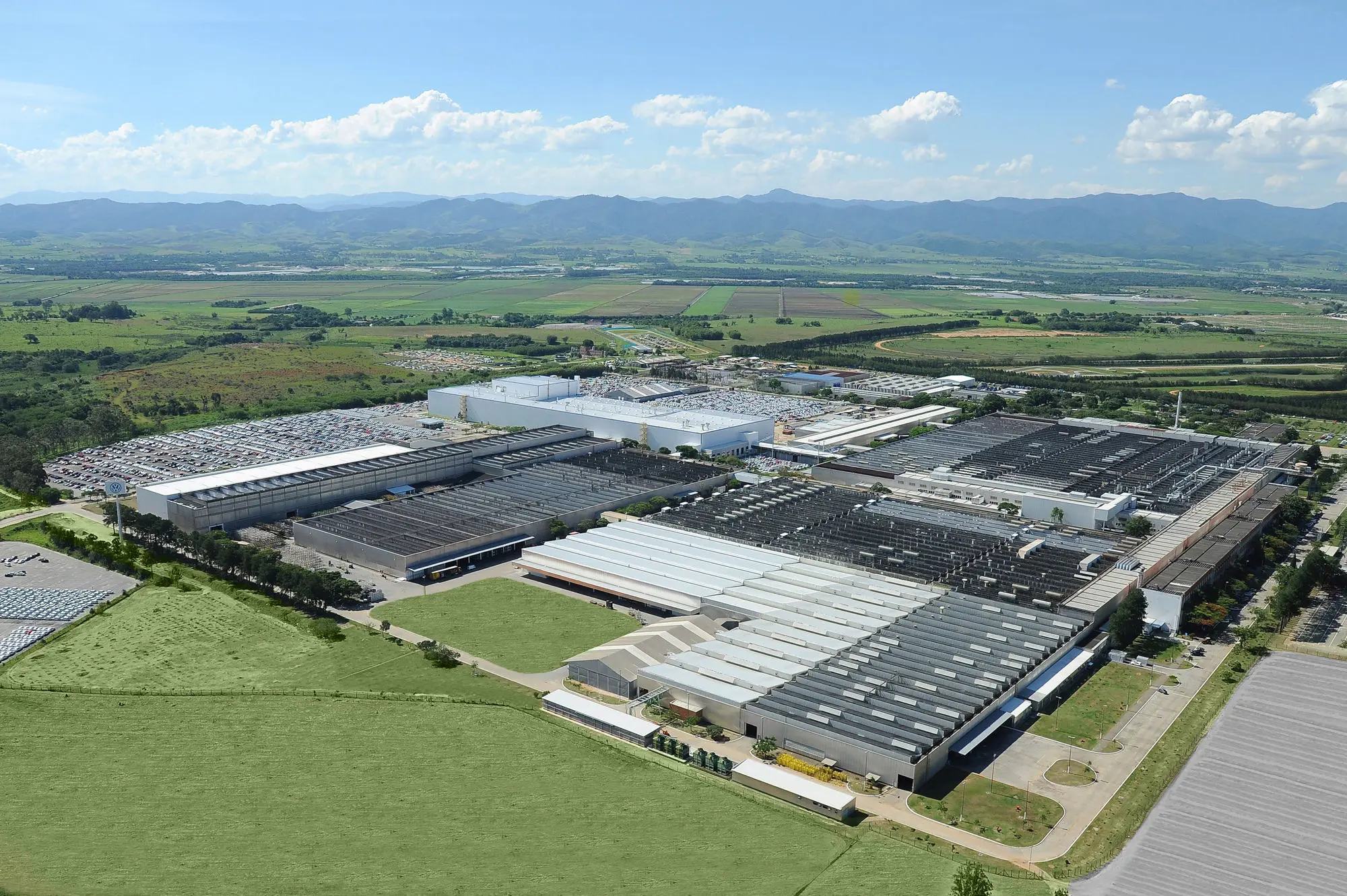
Volkswagen Enslaved Brazilian Workers During the Military Regime
Featured image: Volkswagen factory in Brazil.
The German imperialist monopoly Volkswagen was ordered by the Labor Court of Pará to pay a compensation of R$165 million. The German company was responsible for one of the largest cases of slave labor in Brazil in recent decades.
The events occurred in the 1970s and 1980s, in the latifundium of Vale do Rio Cristalino, in the municipality of Santana do Araguaia, southern Pará. This property belonged to Volkswagen from 1974 to 1986, during which hundreds of workers were brought in to clear bushes and create pastures. AND reports that “more than a thousand workers were subjected to degrading working conditions, exhausting hours, unsanitary housing, lack of sanitation and potable water, as well as monitoring and armed intimidation by ‘officials’ and the traditional use of the debt bondage system, which prevented them from leaving the property.”
Volkswagen had the support of the fascist military regime. The German monopoly supported military projects in the region, such as the Trans-Amazonian Highway. Initially, investigations were dismissed, and no legal actions were taken despite numerous pieces of evidence of the crimes committed by Volkswagen. The Pastoral Commission for the Land (CPT), along with the National Conference of Bishops of Brazil (CNBB), revived the legal case in 2019. Volkswagen attempted to avoid judicial consequences by negotiating an agreement, but the negotiations stopped in 2023. A formal complaint was filed against the German monopoly in 2024.
Volkswagen has been ordered to pay a compensation of R$165 million, to publicly acknowledge its responsibility, and to apologize to the families and Brazilian society through various means, including the internet, radio, and television. The German imperialist company announced that it would appeal the decision. AND explains that “The case demonstrates how large imperialist companies that established themselves in the country, far from creating free labor relations, where workers are hired under capitalist conditions, have reproduced forms of exploitation that are typically pre-capitalist for thousands of Brazilians, especially in rural areas.”

